General Ray Maxwell
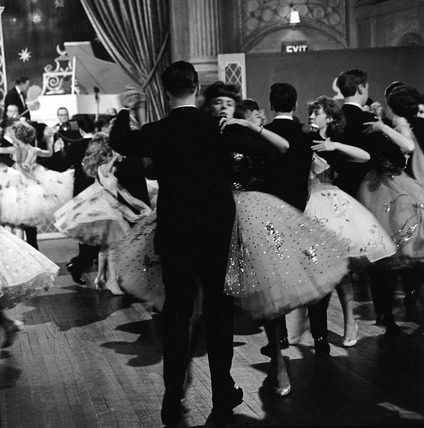
Pinnacle.
It’s rare, but sometimes reality dwarfs imagination. On the bad side, D-Day was a thousand times worse than Ken ever dreamed while lying on a cot at night in England. On the good side, the night of the Spring Celebratory Ball is better than Ken ever imagined an evening could be: Tolstoyan in its romantic elegance, Fitzgeraldian in its breathtaking, throwback extravagance and glory. Literary fantasies bursting to life. Natasha and Andrei’s first nervous waltz or jazz-age Nick Carraway at Gatsby’s parties. Ken’s white tux fits like a dream; Bogie in Casablanca at Rick’s Café Américain. The valet taking the keys of the gleaming yellow Packard in a white-gloved hand, and there is the liveried doorman all smiles and welcoming and then an army of staff taking coats and hats and handing out checks and then the velvet ropes of the Downtowner Hotel ushering them along the red carpet stretched across the Italian marble floor to the elevator and the uniformed operator who knows the way, whisking each carload skyward to the ballroom on the top floor, the teak-lined door sliding open with a martial whoosh, and the ballroom is simply celestial in its yellow-white chandelier glow. There on the stand is Verne Powell dressed to the nines, hair slicked, baton bouncing, and his orchestra is well into Tenderly, the waltz swelling and filling the huge hall like spider silk spun with pure gold. Couples moving together, music-box dancers, the floor filled but everyone moving in perfect time, around and back as the whole mass rotates and moves together like a ballet. Like planets moving around a sun. His breath in his chest at the scene like it did when he’d stood on that hilltop with Abe Mendoza and out there was Nowhere in the blackest night, luminescent in the distance, floating in space against the inky-black desert backdrop, everything set against nothing, only that night she was the doomed Titanic and now she’s become the Queen Mary, and there was the time he first saw Kate up on that stage at The Brick, a revelation, both yesterday and a million years ago, and again just tonight when he’d stood at her door and saw her in her ivory ball gown which glowed electric on her, her blonde hair golden in the lamplight, pinned up perfectly, her long, perfectly suntanned neck the backdrop for pearls and her blue eyes twinkling like starlight. The long wall to the north is glass with nearly invisible doors opened to the romantically lit verandah garden, and a spiral staircase on the verandah lit in string lights and leading upward to the rooftop above the ballroom side. The band strikes up In Apple Blossom Time, and Verne takes the lead with his mute in his horn, and then the piano follows in the solo before the whole orchestra comes in on the theme, building and building until it seems that hearts will burst, and for a moment Ken is back in Schenectady at ten years old lying on the old, frayed and footworn area rug just short of midnight on New Year’s Eve listening to Guy Lombardo and his Canadians on the Philco broadcasting live from the Roosevelt Hotel, and Ken’s eyes go to the twelve breathtaking diamond-cut crystal chandeliers, impossibly floating like glittering clouds, each sparkling suns in the firmament. Halberson cannot imagine what each chandelier must have cost, more than a house, and wonders momentarily how they got them here to Nowhere, but he cannot chase threads of “how?” right now. The transcendent art pieces refract crystal dancing firelight across the room, and Ken notices when, later in the evening, the chandeliers are darkened on some silent cue and the ceiling above them animates, bespeckled in phosphorescent blue starlight to the oohs and ahhs of the crowd, and then he can’t help but think of the “how?” But it passes, and he embraces it all as an impossible, magical experience destined to fade with the bright coming of morning.
Or would it?
Can perfection stay?
Now it’s Duke Ellington’s Sophisticated Lady in its lazy cadence and the trombone takes frontstage with the piano tinkling away as a waiter brings champagne and fills the glasses, leaving a magnum on the table chilling on ice. The clarinet steps up and takes the theme as they touch glasses and Kate’s smile slays him right there. It’s Ellington again with Solitude and Ken doesn’t ask but takes Kate’s willing hand and they move to the dance floor. It’s a slow number and she moves into him, her arms around his neck and they are one and her head resting on his chest and he can feel her breath and sigh and she looks up to him with that smile still on her face.
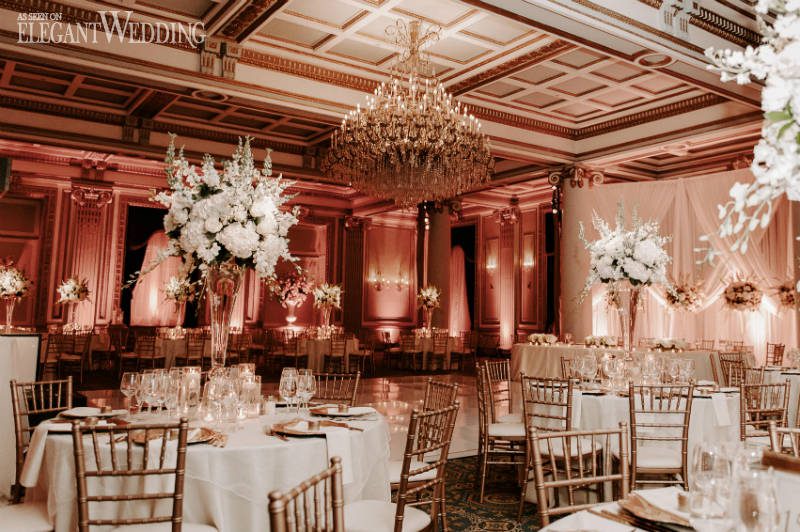
“I have the handsomest date in town,” she whispers.
“Maybe,” Ken says, “but all eyes are on you.”
She sighs again as they move in rhythm letting the music fill them and fill the room. Ken looks up and Verne is directing the orchestra and the 2nd trumpet has taken the lead carrying the clarinet along with him, but Verne has the baton, and he looks down over his shoulder and smiles at Ken and gives a wink. The champagne is just starting to unite with the two gins from Leopold’s earlier, and the warmth is good and the whole of life is bathed in a golden glow.
Waltzes again now, and Ken is glad he took those lessons from the English lasses in ’44 while waiting and waiting to head to France, to land on a beach and God-knows-what waited for them there. A hip wound in Holland and a hospital bed back in Paris, that’s what. He moves confidently now, his blown-up leg from a later war not even a factor as he leads Kate around the floor in ¾ time and the smile never leaves her face. They dance every dance for a half hour or more and then he takes Kate’s hand under his arm again and leads her through the throng to the garden and the fresh air and moonlight of the verandah. A waiter hovers so Ken takes two glasses of champagne from the tray, but Kate waves him off and fans herself so he returns one of the glasses to the tray and sips on his champagne, while his eyes consume Kate over the rim.
“I’m breathless,” she says, “but it’s not the dancing. It’s the night. The magic. This smiling, silver moon. It’s all so perfect.”
They small-talk, eyes locked on each other, his eyes on her mouth, reading red lips, and the breeze is light and just right. Before long, here comes Verne with his wife Ginger on his arm. There are introductions and the couple joins the small talk. “Isn’t this fantastic?” and “Did you see Marlena’s dress?” and “Copeland has outdone himself this year.” Ginger and Kate excuse themselves to go ‘powder their noses,’ and then Mr. Copeland walks over as the cigars and cigarettes come out.
“How much must a night like this cost?” Ken says, taking a drag on his cigarette.
“Only a journalist or an accountant thinks of expense on a night like this. And carrying a girl like that on his arm—”
“A lot, huh?”
Verne laughs. “A night like this is priceless, Halberson. For everyone.”
Ken nods and tells himself to leave the “how” out of this for now and just enjoy it all.
“How goes the writing?” Copeland asks.
“I don’t know if I even have a story,” Ken says. “‘Everything was perfect and on the up-and-up’ isn’t much of a story.”
Copeland puffs on his cigar. “You might have been told that a few times.”
Ken shrugs. “You may be the man I need to speak to, though. I need to send a telegram to my office. I’ve seen a few phones in town—at Las Lunas—and some at Leopold’s earlier tonight, but my apartment doesn’t have a phone and I wouldn’t even know who to contact about getting one.”
“Well,” Copeland says, “that is one of the… idiosyncrasies… here in Nowhere. Our phone system is purely local. Calls are routed through the switchboard here in the hotel. But we haven’t a landline yet that stretches to Albuquerque, and frankly, no one is really interested in getting one. We kind of like our remote outpost. Peace and quiet, you know?”
“A place like this and chandeliers like that and no phone line?”
Verne laughs again. “Maybe you found your story.”
“How do you get news from the outside?” Ken says.
“We pick up radio, especially at night. The X out of Mexico, for one. And we can get radio from Albuquerque and elsewhere at night.”
Ken shakes his head. “The X? Quacks and religious charlatans?”
“Maybe so,” Copeland says, “but we get news too. That’s what you asked. We don’t regulate Mexican radio stations, you know. The X is heard in all 48 states. Anyway, I can get a telegram out for you, we have a radio set, and I can send a message to Abe Mendoza, and he’ll get it out for you in real-time. Nothing lost. It’s not a mystery, Ken, it’s just that we have different values here… and constant contact with that world out there isn’t one of them. It’s no different than having a television at your home in New York, but leaving it unplugged unless you need it.”
Kate and Ginger are back, and Verne asks Kate to dance but looks at Ken for permission. Ken smiles and nods and then puts out his arm, which Ginger takes gladly, and they are back on the dancefloor.
“Isn’t it just marvelous?” Ginger asks.
“It is,” Ken says. “Like the golden age of early moving pictures. The first movies I ever watched.”
After the one song, Kate is back, and she takes his arm.
“I simply cannot share you tonight,” she says as Ginger and Verne glide back onto the dancefloor. “Let’s go sit for a while and just take it all in.”
After a few more waltzes, Verne is back on the bandstand, he installs his mouthpiece in his trumpet and the music turns ‘hot.’ Jelly Roll and Louis Armstrong and the Original Dixieland Jazz Band and the ballroom’s namesake Bix Beiderbecke from the days when he and Tram lit up college campuses and Capone’s speakeasies in the middle to late 20s. The oldsters in the crowd really dig this because it reminds them of when they were kids and hot jazz was the rock-and-roll of the 20s and 30s.
Waiters are moving around the room now pushing shiny carts piled with small plates and coffee cups that they arrange on the tables; Oysters Rockefeller and shrimp drowning in garlic butter, and lobster tails with little forks. The waiter whispers conspiratorially that Bix’s alone has the secret original recipe for Oysters Rockefeller from Antoine Alciatore at Antoine’s in ‘Nawlins’. Another waiter comes by with hot towels from a steaming cart, and yet another with a tray of gimlets and mimosas. The room is darker now and the waiters appear again and light the centerpiece candles on each table, and, the chandeliers are darkened and the ceiling ‘sky’ looks like the Milky Way, and through some enchantment, (if you were looking you saw it,) a shooting star streaks across the ‘sky.’ The music alternates, a few hot tunes and then some slow love songs for close dancing. On the hot songs the crowd is raucous and some of the younger set are dancing to the hot jazz flowing from the band. Kate takes Ken’s hand and leads him back onto the verandah and then up the spiral staircase to the upper roof. The band can still be heard, but it’s quieter up on the rooftop. String lights stretch over the expanse and a breeze ruffles their hair, and no one else is on the roof so Kate and Ken walk to the edge and look out over the town. Nowhere glistens diamond-like in a sparkling glow, like it is there just for them, streetlights change but the traffic is light and the sounds of the city reach to them up on their regal perch. Off in the distance to the southwest, they can see the screen of the Regal Drive-in glowing in the night, figures moving on canvas, and over in the Bistro District, the electric radiance of the cafés and shops invite nighttime strollers. Directly below, along the street in front of the Downtowner, a small quartet has set up on the sidewalk, perhaps for people who couldn’t get into the ball, or maybe for those who don’t like crowds. Nevertheless, chairs and small tables have been set up, and the band begins to play mood music for lovers. Couples walking through the nearby square move hand-in-hand toward the sounds and take up tables and benches or stand arms wrapped around each other to listen to the music.
“Isn’t it all wonderful?” Kate says.
“I cannot imagine it being any more wonderful.”
“Have you ever seen the like?”
Ken shakes his head. “I have been to Paris and Vienna and to London and I have never seen its equal. But I must admit that my bias is probably due to the company.”
“What do you think of love on a night like this, Mr. Halberson.”
“Ken. Please.”
“What do you think of love, Ken?”
Ken lights a cigarette and hands it to Kate, who takes it. He lights another for himself. “I have not thought too much of love, except for this. All my life I have loved myself too much. My parents, just enough. My country and my God, not enough. Women? Not much at all. But on a night like tonight, I feel reformed in every way. All things are possible.”
“That is very poetic and philosophical, Ken.” A pause. “We should go to church tomorrow.”
“I will.”
“Should we kiss now?” Kate asks, turning to him.
“I would like that very much.”
And they kiss.
***
The drive to Kate’s house should take just a few minutes, but I drive slowly and stretch it out as long as I can. Making certain to catch the red lights, my arm around Kate who is seated snug up against me. I think about asking her to my place, but don’t want to ruin the evening and I’m not as good at picking up signals in this romantic side of male/female interactions as I’d like to be.
I play it safe.
I park out front and leave the Packard idling so that she is not nervous or uncomfortable and I run around to open her door. The walk up the sidewalk is slower than the drive over, and she is fully leaning on me, not at all drunk but her head is on my shoulder and her hand clasping mine tightly and the other firm around my waist. We pause at the door and there is another kiss, this time longer and deeper. I break the kiss, she doesn’t, drawing after me, so I kiss her again before pulling away.
“Pick me up at 9:30 in the morning?” She says.
“I’ll be here.”
“We can do brunch afterward at Leopold’s unless you want to go somewhere else. Or… if you’re tired of me.”
“No way I’m tired of you. If I could make tonight last… well… forever, I would.”
“It’s perfect the way it is,” Kate says. “Like Nowhere is tonight.”
“I’ll be here at 9:30,” I say, and turn to walk back to the car.
“Ken?”
I stop and look back.
“Will you remember tonight?”
“I could never forget,” I say.
***
That night, back at the apartment, Ken wrote out a message for Edward Kramer Thompson at LIFE. The original would guide him as he formulated a second, coded version.
Back in 1948, before leaving for the Middle East to cover the Arab and Israeli tensions and war, he’d worked out the code with Thompson and it was one they would use through his next assignment in Indochina, which is the job he was on when he was almost killed. The code was a simple book code, with some twists. The words in the coded message corresponded to words in books chosen by Ken Halberson and known only by Thompson. Before boarding a ship bound for Haifa, Halberson bought two versions of each of the books on a shortlist. The first book was War and Peace (the Constance Garnett translation). The second was Don Quixote. The third was the Holy Bible, but the Spanish translation. The third was Huckleberry Finn, and so on. There were six books total. To write the code, Ken always started with War and Peace. The numbers corresponded with words in Tolstoy’s masterpiece. Anytime a four-digit number appeared, that was code to switch to the next book. When a five-digit number appeared, if it did, it meant to rotate back to the first book and proceed from there. If there was a name or a word that did not exist in the sourcebook, it must be spelled out and was decoded using a separate numerical code that Ken wrote in the back of Thompson’s copy of War and Peace. It could be time-consuming to code or de-code a very long message, but Ken was certain that, although it was not absolutely unbreakable, someone had to really work hard and use a lot of resources to break it. I found the original handwritten message in Halberson’s notes:
Things are well, but this is a strange place. I assume you know I made it and that I am here and working. The town is real. Sorry about the car, but it needed to happen. Charge to me if need be. Requesting background intelligence, anything you can find – use ALL resources – on Maryweather Copeland. I also need twelve or so autographs from Mickey Mantle. Will explain when I can. No way to contact me, except send sealed package with materials to ABE
MENDOZA, in ALB NM with a note to get them to me here as soon as possible. KH
The message was folded as if it had been placed in Halberson’s wallet. From his journal, I learned that he’d delivered the message to Copeland after church on the day following the Spring Ball.
***
The next morning, I picked up Kate at her house, and that’s when I first met her father and mother. They were charming and acted authentically glad to meet me. Kate was dressed for church, and I’d worn a gray suit with a blue tie and my fedora. Before we left the house, Kate ran to get a large picnic basket and placed it in the back seat of the Packard. “I decided we should have a picnic after church instead of going back to Leopold’s,” she said. I was glad of it and was looking forward to the time together with her. Kate noticed that I had a bible and commented on it and that she was pleased that I had one and didn’t have to use one of the hardback copies from the pews.
“What is this?” she said as she picked it up from the car seat and examined it.
“It’s a missionary bible and it has English from the King James on one column and the Spanish on the parallel column. That way if you don’t really read Spanish, you can just go directly across from the English and read it in Spanish if you want.” I didn’t tell her that the Bible was one of my codebooks for sending messages to my editor.
The church was a large but plain, near non-descript, wooden building and the sign on the front lawn read Nowhere Christian Church and had the meeting times written under the name. The day was beautiful and clear, mostly what I’d come to expect from Nowhere in March, and only a little colder and I noticed that the men and women separated by sexes to mill around and smoke and talk on the front lawn and didn’t go directly into the church. The children had separated too, and were running around chasing each other, and one woman or another would occasionally shout out something like, “Billy don’t you dare get your church clothes dirty!” And when the clock struck 10 o’clock the doors were opened and all the men filed in (and I went with them,) and then afterwards the women filed in, and that’s when I discovered that all the men sat in the pews on the left side of the center aisle and all the women sat on the other side. I wouldn’t be sitting with Kate for the sermon. There was a longer period of chatting and people shaking hands and greeting one another, and most of the men came to me and said, “Glad to have you here,” or “Welcome, I hope you enjoy the service,” and Verne and Leon came and sat by me, and we chatted about the weather and how wonderful the Spring Ball had been the night before. Leon told me how happy he and Carol were to see me with Kate, and that Carol had a thing for putting people together. “It’s almost mystical the way she works, and she’s never wrong,” he said. Verne agreed and said that Carol had worked her magic with Ginger and that he couldn’t be happier that everything had worked out so well.
At around 10:30 the organist began playing and it was another fifteen minutes of people milling around and talking before the man who was the preacher came to the pulpit. His name was Pastor Gary Manken and he seemed to be pleasant and very comfortable. He made announcements…
Pam Castwell had fallen and hurt her ankle and was wearing a cast and couldn’t make it today and was requesting prayer, and could anyone go and help her prepare lunch and dinner for her family? She thought she’d only need help for one day but maybe the ladies can meet for just a moment after the sermon and make arrangements to help out the Castwells?
Barbara Miller was asking for prayer for her brother Denny who was down with the flu and had been sickly ever since last winter. “He’s always been a little sickly,” “Oh my, yes. He was nigh on dead this time last year, but he perked up when the weather got hot,” “Oh yes, he gets the flu hard every year. We should arrange to send him soup and some lemons for his throat.”
Lenny and Dora Staples were expecting another little blessing (hopefully a girl this time,) and she is due in August which we all know is the worst time to have a baby in Nowhere on account of the heat, and don’t you people know to lay off the funny business between Thanksgiving and Christmas so this doesn’t keep happening? (Everyone blushes and laughs.)
There was a praise report that Benny Young, who everyone knows had been sick for a while and couldn’t work, was back on his feet (not on his feet enough to come to church, apparently,) and Steve Durant had donated a car (a ’41 Studebaker with a sofa for a seat, I reckon) to Benny and his family to tide them over until Benny could get back to work at the paper mill.
Everyone was reminded that the Easter Parade and Egg Roll were set for Sunday, April 18th and that Carol Cole was putting together a list for the ladies so that everyone would know what dish to bring to the potluck.
Another man went up to the podium and called out a hymn and the organ struck up and he led the congregation in several hymns. After those programmed songs, people called out songs from the pews and the whole congregation sang them from the hymnbook though it was evident that almost everyone already knew the words.

The sermon was on Adam and Eve, and the preacher read some scriptures out of Genesis and then began talking about how Adam and Eve had it good and fine in the garden so long as they accepted three things: 1. That God was both good and in charge. 2. That so long as they didn’t do ONE STUPID THING, they were free to enjoy the perfect garden to their heart’s content, and, 3. God didn’t have to tell them why not to do the ONE STUPID THING, but they knew that He was good and that He walked with them in the cool of the garden, and there were dozens of other NOT STUPID THINGS they could do, so why go around asking questions and getting in God’s business? Now, the serpent knew that curiosity would ruin everything, and he went about building curiosity (because you know how women are about secrets, hahaha,) and getting Eve to ask questions about the ONE STUPID THING until she just couldn’t take it anymore. She was promised a lie, and that is that she didn’t need God telling her what to do and she could know all things on her own, and the serpent said that if she did the ONE STUPID THING, she and her husband would know all the mysteries and they would be like God and know Good and Evil on their own. Now, God had done them no wrong by withholding both the ONE STUPID THING and any information about it. And don’t we tell our children not to run into traffic? Not to touch a hot stove? It’s not important that they know why yet, and when they are really young they don’t have the capacity to understand what a car will do to your body when it hits you or what a hot stove will do to your hand if you touch it. It is enough that you tell them not to do it. Why? Because you love them, and you have all the information and they don’t. He wrapped up the sermon by telling them that every good and perfect thing comes from God, and that we ought to accept that and go on about our own business and just be thankful every day for what He’s given us, Amen? Then there were some closing songs and a benediction and then everyone was dismissed.
The ladies all met together to talk about meals for the Castwells (and probably how to get men to do the ONE STUPID THING,) and about the Easter potluck, while the men got their hats and filed out back onto the lawn to chat and talk about business and whatever else men talk about after church.
I milled around and smoked a cigarette and that’s when I met General Ray Maxwell who was now retired and had served in the U.S. Army Air Corps and then the Army Air Force until he left the service in early 1946. The General came to me and shook my hand and said he hoped I enjoyed the service and got a lot out of it. We chatted for a while, then I did what I normally would do… I made small talk for a few minutes, talked about my time in service, then asked General Maxwell about Nowhere and how the town had come into existence.
“Halberson,” he said, “I don’t bother myself too much with those questions. I came here to Nowhere to retire with my family and I have no reason to believe anything but that this is the finest place to do that very thing in all of the U.S. of A. I have lived here nearly seven years, and I’ve been all over the world and I’ve learned that every place has its positives and negatives. That said, Nowhere, New Mexico has more of the former and fewer of the latter than anyplace else in the world. It is a sacred place, in that respect, and, as our preacher just demonstrated, a gift horse such as this ought not to be looked in the mouth, metaphorically speaking.”
“Do you believe the ‘gold theory’ or do you hold to some other creation myth concerning the town?”
“I believe, Ken, like almost everyone else in town, that Lew Bonaventure found gold and that is what drew a lot of the earliest settlers here, but again, I don’t concern myself with that at all, and I don’t reckon you should concern yourself too much with that either. I realize that you are here to research a story, and I dealt with the press quite a bit in the service and never had much use for the media—I apologize for my bluntness—but it seems that we are in a war over in Korea and the Chinese menace is growing and there are the Russians over there developing hydrogen bombs, and likely we got commies in the State Department, so maybe we should just put aside silly stories and just enjoy God’s good and perfect gifts while we can, right?”
“I’m trying to see things that way,” I said, and shook the General’s hand.
Kate walked up as the General strolled away and smiled her golden smile that had a way of blanking my memory of anything that had gone before. “Are you ready to go have a picnic with me, soldier?”
“I am so very ready,” I said.
***
We drove in the Packard with the top down to a park Kate knew on Pine and 5th and she set up the picnic lunch on a blanket near a white gazebo. The flowers were blooming around the gazebo, and we could hear bees buzzing around, tasting the flowers, and I picked a white geranium for my lapel and a half-dozen other assorted flowers for Kate. She put the flowers in a cup with some water from a bottle, then unwrapped sandwiches and a bowl of potato salad and poured lemonade from a thermos. It was a perfect lunch on a beautiful spring day, and we talked about the dance the night before and how if we both lived a thousand years, we would never forget that night under the stars and our first kiss looking out over Nowhere.
After lunch, we took a walk in the park holding hands, then Kate told me about a thing called “visitation.” On Sundays in Nowhere it is Visitation Day. That means that people open their homes up to visitors, and Sunday is the day when people will drop in on friends, sit out on porch swings and drink tea or lemonade or beer. We packed up the car and drove over to see Leon and Carol for a bit, then to Verne and Ginger’s house. We were in the backyard drinking a cold beer from the bottle, chatting with the Powells, when Mr. Copeland stopped by. I found myself talking with Copeland and remembered that I had the coded message for Thompson on me so I handed it to him and reminded him that he said he could get a message to Abe Mendoza.
Copeland looked at the message and laughed. “This is gibberish, Halberson. It’s just a bunch of words and numbers!”
“It’s the magazine business,” I said. “He’ll know what it means.”
“Mighty mysterious for someone who likes to solve mysteries,” Copeland said with a wink. “But, I’ll get it to Mendoza immediately. Probably have it there in an hour or so.” Copeland left after a while and we stayed in metal chairs under a palm tree talking and laughing and drinking beers until the sun just started to dip below the horizon and the indigo sky darkened and began to glow.
I thanked the Powells, shaking hands all around, then Kate and I decided in the car to head to the Drive-In theater. Kate told me that on Sunday evening they replay films at dusk and tonight they were showing Singing in the Rain starring Gene Kelly, Debbie Reynolds, and Donald O’Connor, and that to me sounded like two golden nights with Kate in a row.
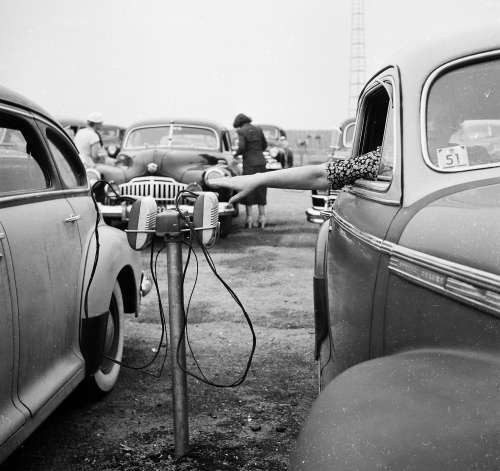
Downloads
PDF Version
Mobi Version
ePub Version
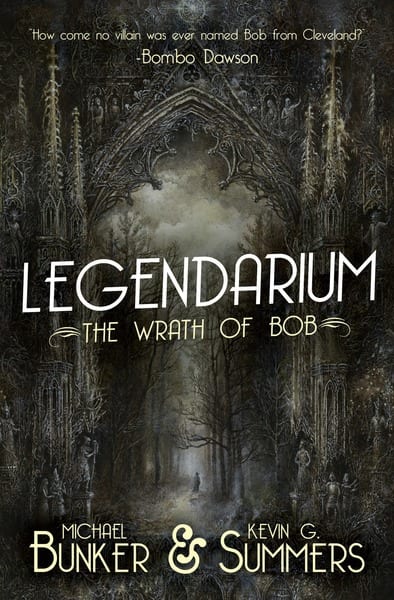
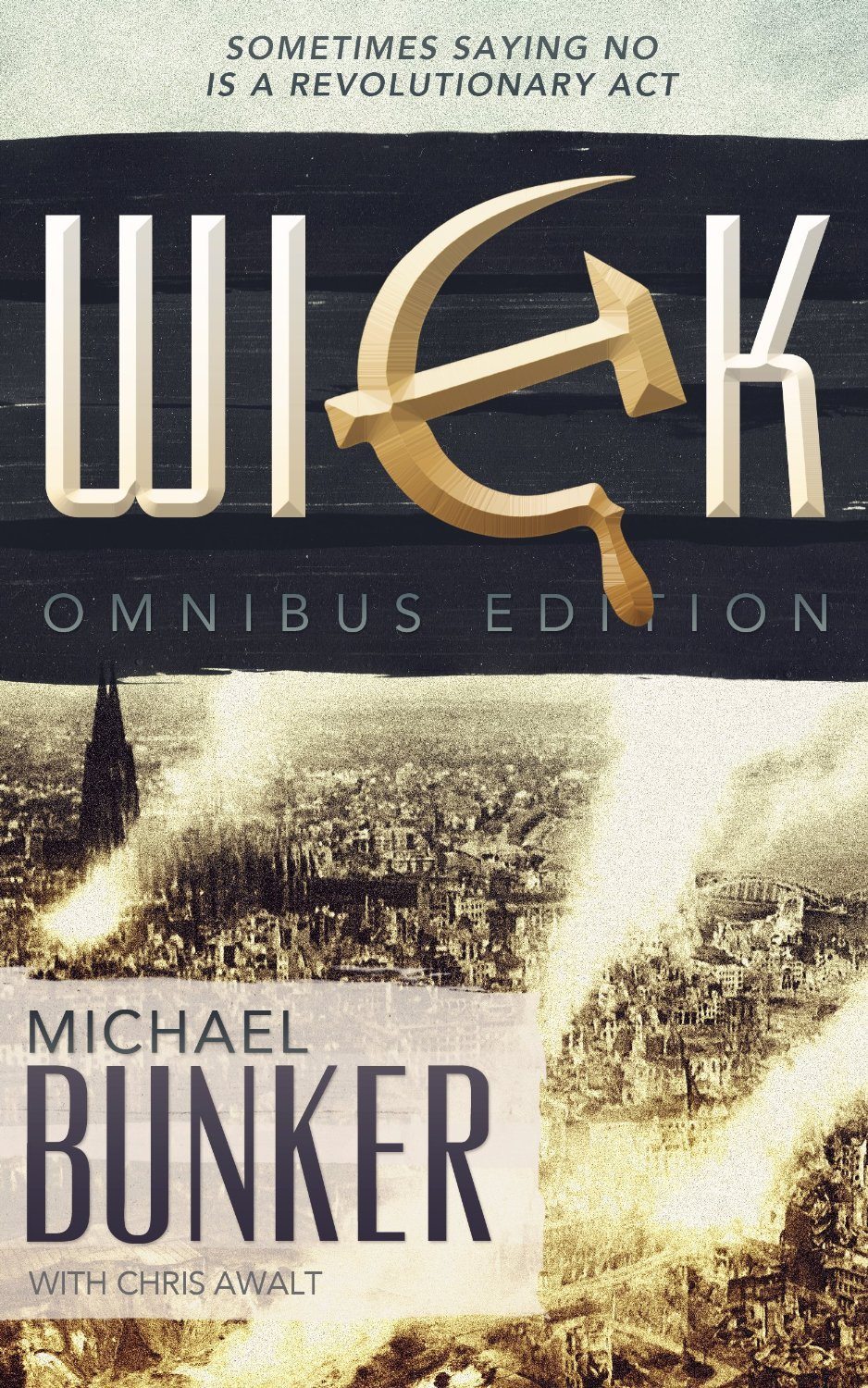
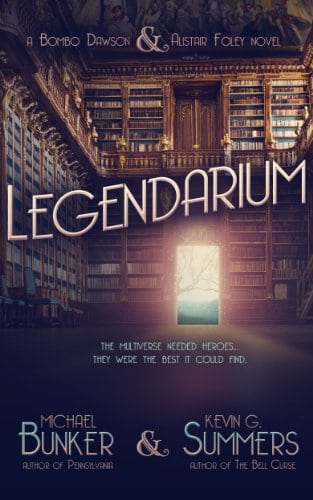
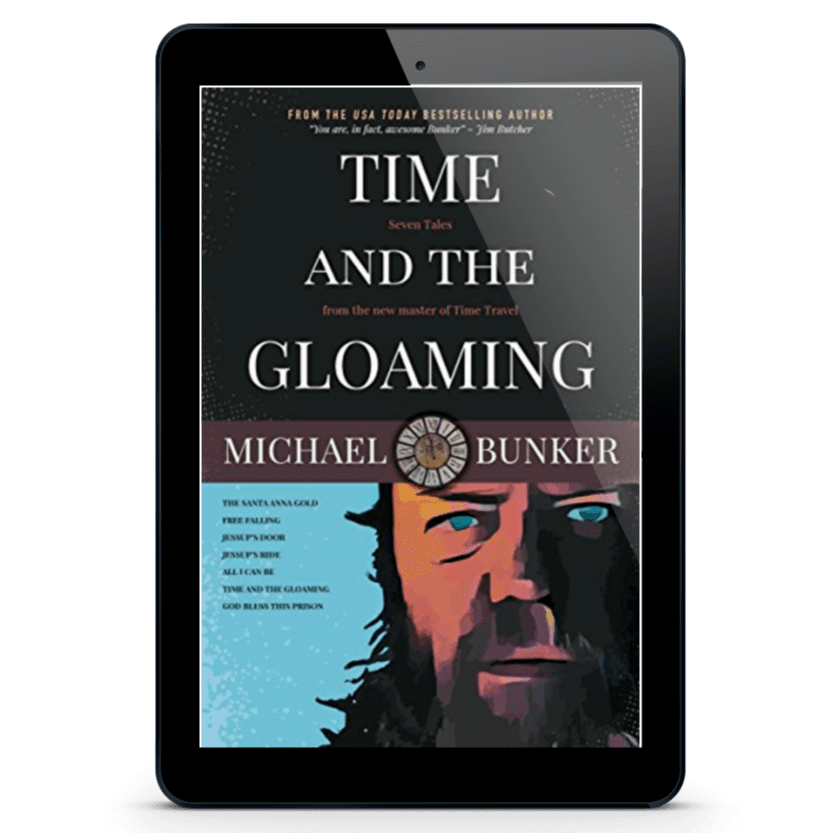
Leave a Reply